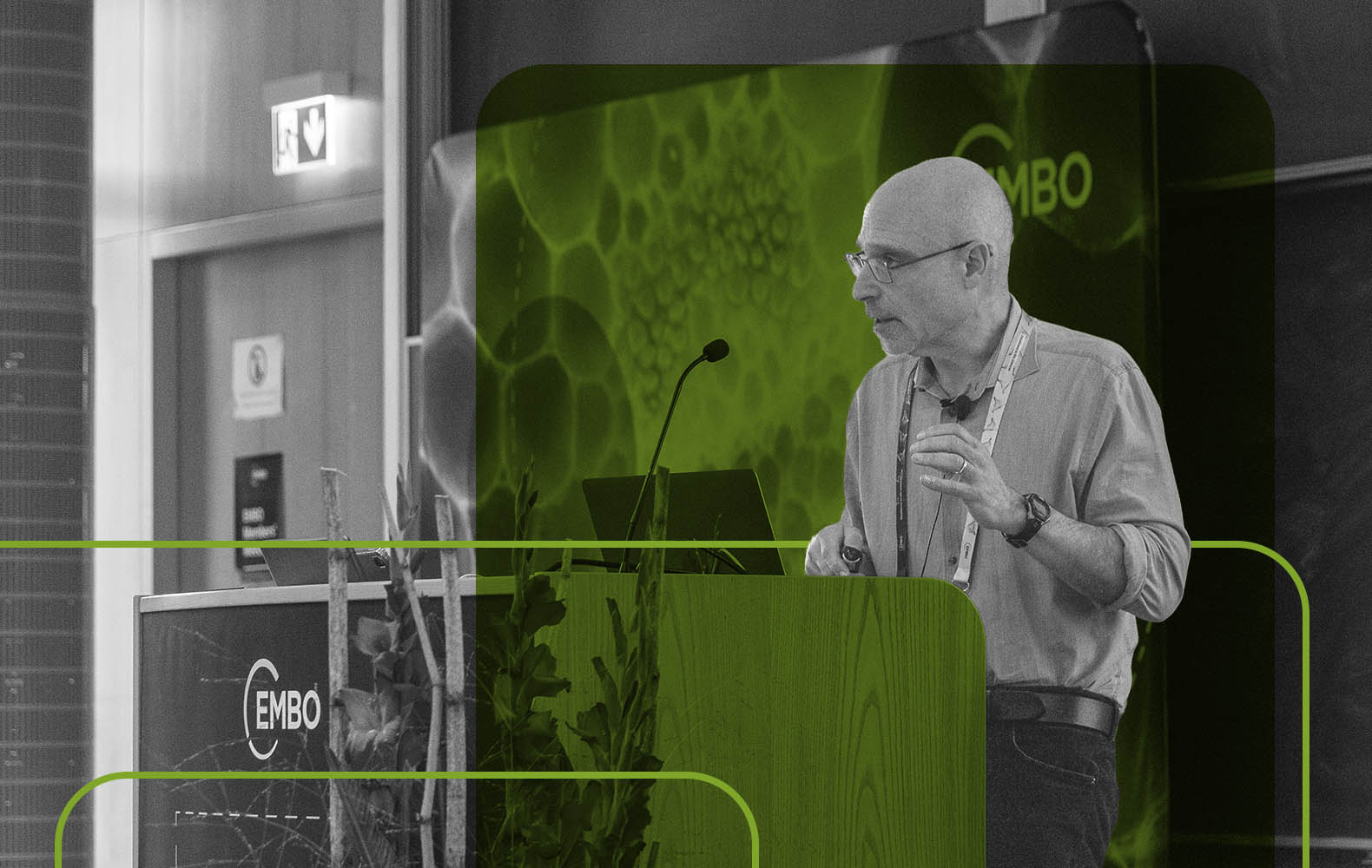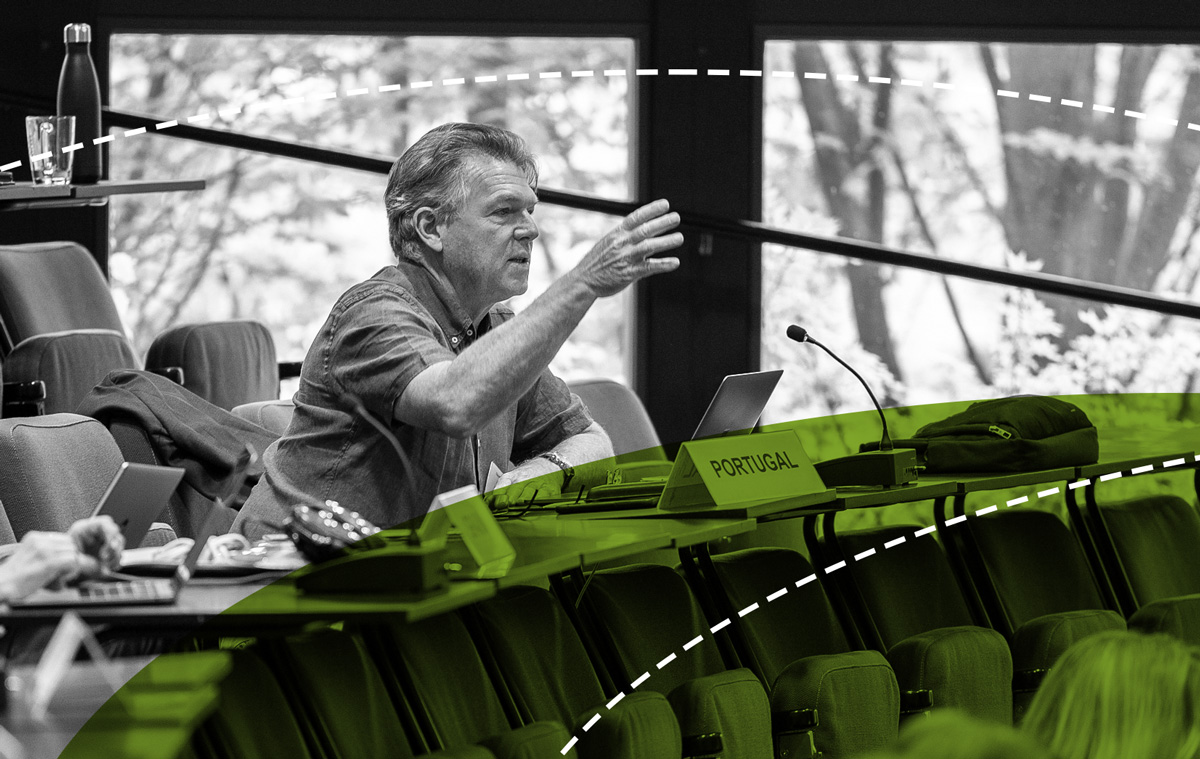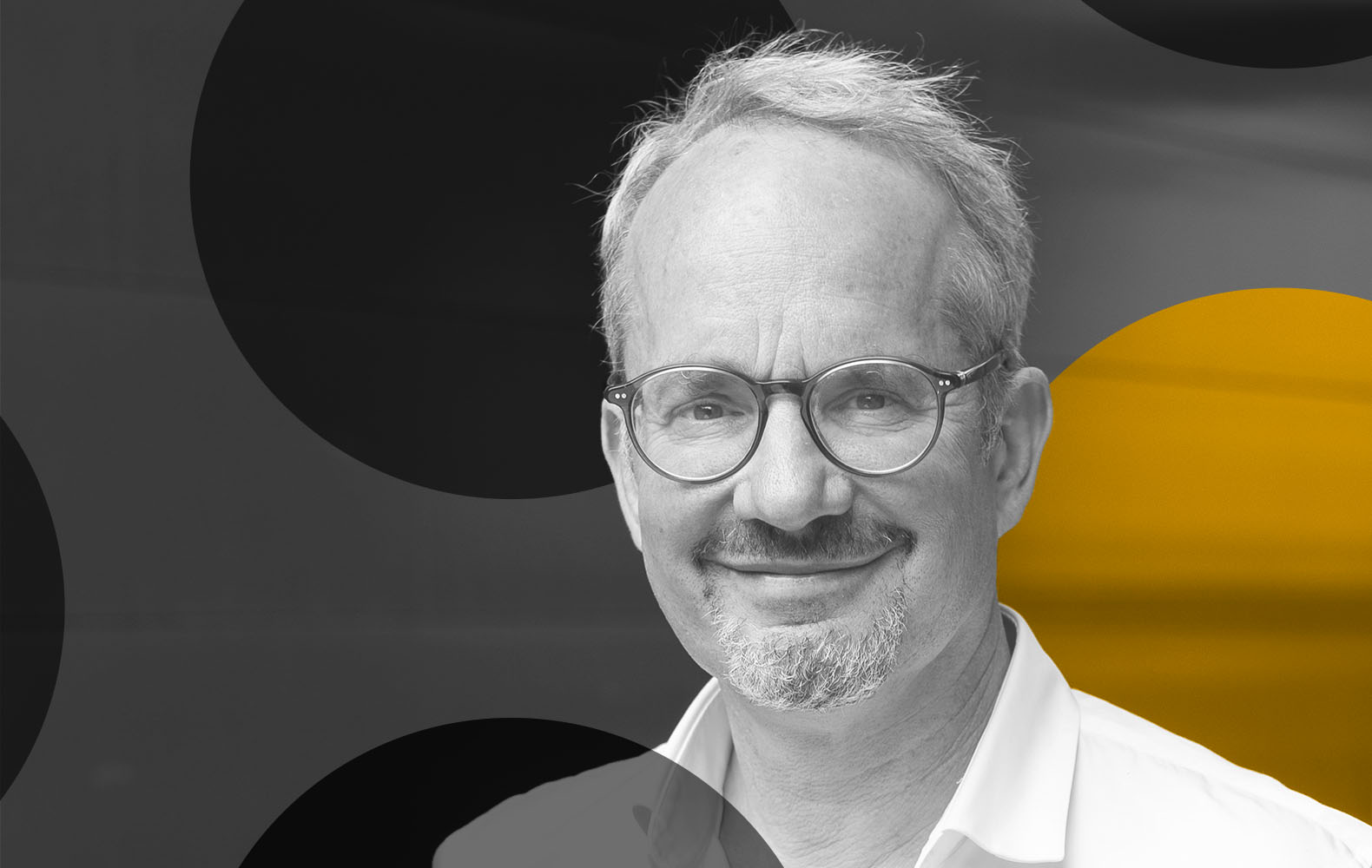What is your current research focus?
My lab is involved in several projects, but I would like to share two that particularly stand out to me:
The first is a large-scale, ten-year programme called IMAGINE! Innovative Microscopy and Guidance of cells in their Native Environment. I lead this programme, which brings together twenty leading scientists and their respective PhD students and postdoctoral researchers based at nine different Dutch institutes. It is focussed on developing and applying advanced microscopy technologies to explore cells behaviour within tissue environments.
This means that, beyond studying cells in artificial flat cultures, we are examining them in more realistic settings, like organoids and tissues. We work with experts in cell biology, microscopy, in vivo imaging, organoid biology, pharmacology and cancer research. The aim is to observe and manipulate cells in 3D, study how they respond to drugs or interact with their surroundings—work that could be significant for cancer and other therapies.
The second major project is led in collaboration with the Institute of Science and Technology Austria and the Institut Curie. We are investigating how cells migrate in low-adhesion environments, not by pulling themselves forward, but by pushing through tissues. We believe that in such environments, the interaction between different components of the cytoskeleton—especially microtubules and actin filaments—is critical.
What drives you as a scientist?
I love working with and mentoring early-career-researchers, watching them grow and ask their own questions. We discuss ideas, interpret data and often challenge each other to gather stronger insights. I also tremendously enjoy teaching. Engaging with Bachelor and Master students allows me to step outside of my lab and see how the next generation approaches life sciences.
How do you support early career researchers in your lab?
I give my students and postdoctoral researchers a lot of freedom, I want them to take ownership of their projects. At the same time, I set high standards for how data is presented and interpreted. Integrity is non-negotiable. Science must be grounded in rigorous evidence, and I ensure that my team values clarity and honesty in both experimentation and communication.
What has your experience with EMBO meant to you?
Being a member of EMBO for more than 15 years has been a privilege. EMBO does an outstanding job of promoting excellence in life sciences across Europe. Its fellowships are impactful—not just because they fund good science, but because they enable mobility and exchange. Many of my colleagues and students have benefited from EMBO support.
I particularly appreciate the focus on quality over bureaucracy. Its programmes are designed by scientists for scientists, and that makes a big difference. Through EMBO, I have also been involved in organizing conferences and mentoring programmes, which are crucial for strengthening the scientific community.
Would you recommend a research career in the Netherlands to aspiring scientists?
Absolutely! The Netherlands is a fantastic place to do science. Our universities are research-driven, international and supportive of interdisciplinary work. We benefit from an excellent network of research infrastructures, competitive funding and a collegial culture. There is a strong emphasis on collaboration, both within my university and across Dutch institutions.
English is the working language for most advanced courses and research programmes, which creates a welcoming environment for international scholars. There is room for scientific independence early in your career, and there is a culture of openness and horizontal relationships between students and professors, which helps build confidence. I could not think of many other better places to start your research career than the Netherlands.
What advice would you give to young scientists?
Science is not just a job—itis a way of thinking, of seeing the world. If you are passionate about it, you will find the challenges stimulating rather than discouraging. Don’t worry too much about the immediate outcomes. Surround yourself with people who support you, but who also push you to think deeper.
Choose research questions that truly matter to you. Don’t chase trends; chase what you believe is important. And don’t be afraid of failure—itis part of every discovery. Lastly, remember that science is a team effort. Invest in relationships, share your ideas and celebrate each other’s successes.



